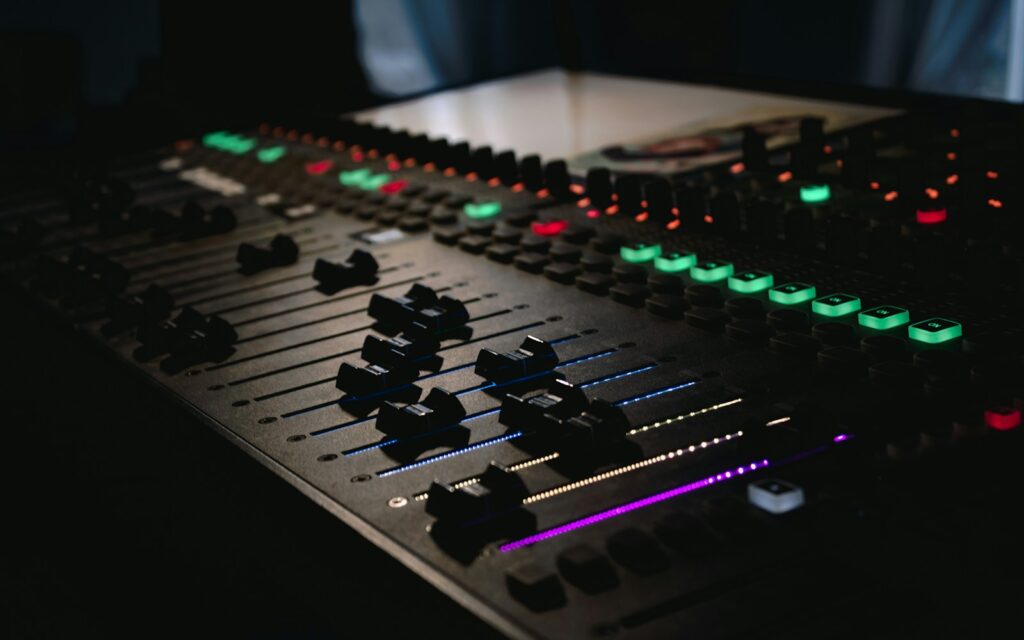How to Enhance Your Music Skills and Create Magic

Music is more than just sound—it’s an art that speaks to the soul. Whether you’re a beginner or an experienced artist, improving your skills is a never-ending journey. With dedication, practice, and the right resources, you can elevate your craft and compose tracks that truly resonate. In this guide, we’ll explore actionable tips to refine your abilities and spark creativity.
Why Developing Your Music Skills is Crucial
In the world of music, growth is essential. Staying current with techniques and trends not only enhances your creativity but also keeps you connected to your audience. Incorporating new tools, experimenting with genres, and improving your technique are all part of becoming a well-rounded artist.
1. Build a Strong Foundation in Music Theory
A solid understanding of music theory is vital for any musician.
Steps to Master the Basics:
- Learn Scales and Chords: These are the building blocks of melodies and harmonies.
- Practice Rhythms: Improve timing with tools like a metronome or drum tracks.
- Understand Song Structures: Familiarize yourself with common arrangements to structure your compositions better.
Focusing on fundamentals provides the groundwork for advanced creativity.
2. Experiment with New Sounds and Styles
Diversity in music makes your work more engaging.
How to Broaden Your Horizons:
- Explore Different Genres: Trying new styles helps you discover unique approaches to songwriting.
- Blend Styles: Combine elements from different genres to create something fresh.
- Utilize Tools and Resources: Sample packs, including options like Unison free packs, can inspire your compositions with fresh ideas.
3. Practice Consistently with Purpose
Practicing regularly is key, but focused practice yields the best results.
Tips for Productive Practice:
- Set Goals: Decide what you want to improve—be it technique, speed, or creativity.
- Record and Review: Listening to your own work helps identify areas for improvement.
- Practice Smart: Focus on challenging sections rather than just repeating what’s comfortable.
Regular, intentional practice keeps you on the path to growth.
4. Leverage Technology for Music Creation
Technology offers endless opportunities to refine your craft.
Tools to Try:
- Digital Audio Workstations (DAWs): Software like FL Studio or Logic Pro allows you to compose and edit tracks.
- Music Apps: Platforms for ear training and chord progressions are great for honing your skills.
- Sample Packs: High-quality options like Unison free packs can add depth and polish to your music.
These tools help streamline the creative process and improve the quality of your output.
5. Engage with the Music Community
Collaborating with others can accelerate your learning and expose you to new ideas.
Ways to Connect:
- Attend Local Events: Jams and open mics offer great networking opportunities.
- Join Online Groups: Participate in forums where musicians share tips and feedback.
- Collaborate: Working with other artists challenges you to think differently and improves your versatility.
A supportive community provides motivation and valuable insights.
Conclusion:
Enhancing your music skills is a rewarding journey of continuous learning, practice, and exploration. By focusing on the basics, experimenting with new styles, and utilizing helpful tools, you can take your craft to the next level.
Start small by incorporating one new idea into your routine today. Who knows? The next great track you create could be your masterpiece.
Image Source: Unsplash





